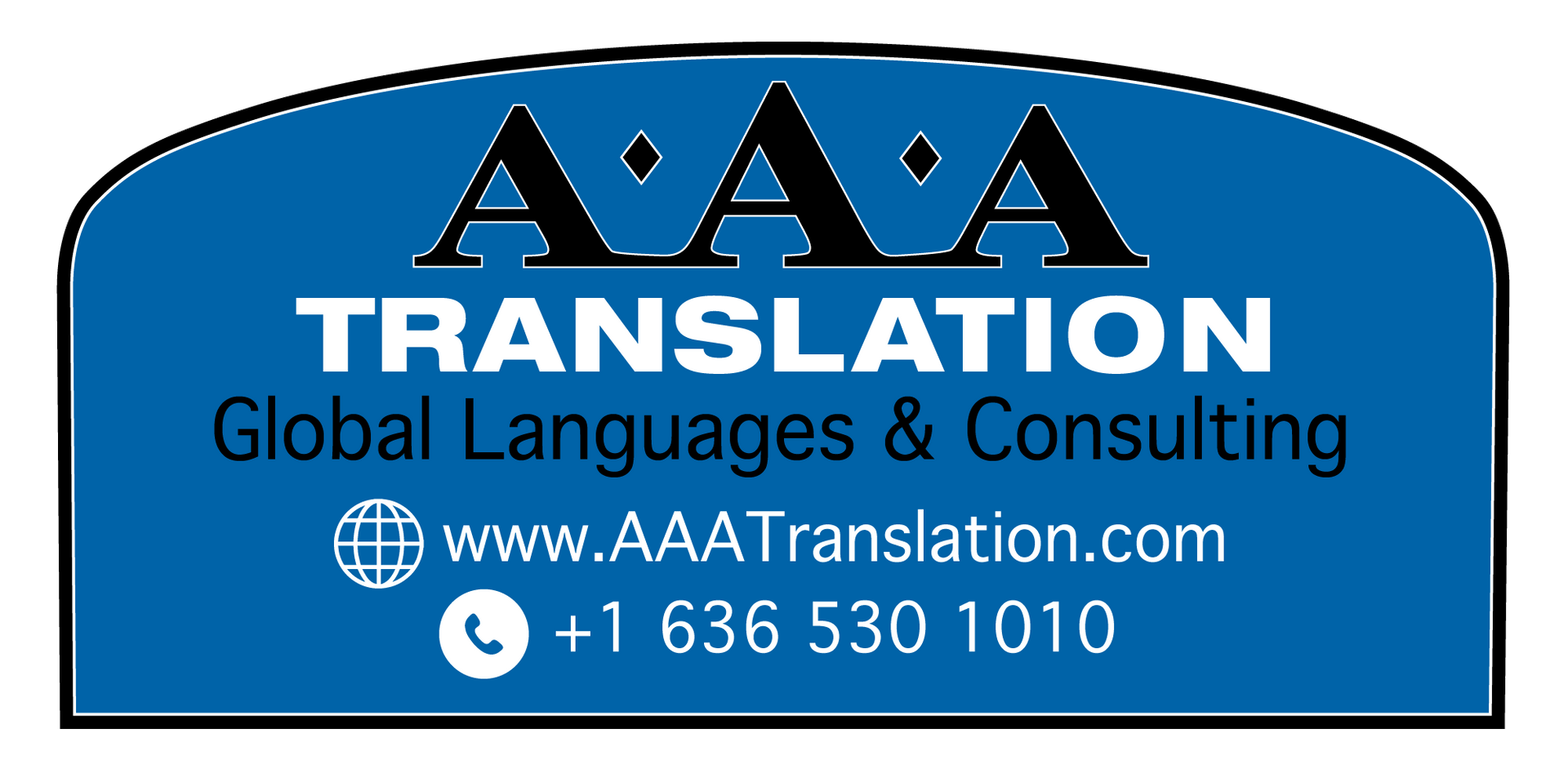How to Translate Keyword Research
To develop content and optimize for search engines, keyword research is an essential task. Keyword research identifies the words, phrases, and language of real search engine queries, allowing content creators to develop assets that speak to the interests and passions of their audience.
Marketers, website owners, and businesses all rely on effective keyword research as part of an overall search engine optimization (SEO) strategy that attempts to place them among the top ranking sites for various queries. But, is it possible to develop a strategy which is global by translating keywords and ranking for multiple languages?
This post considers the ways that translation can be an effective addition to your SEO strategy by converting keywords from one language to another in order to grow an online audience.
As normal text, keywords can, of course, be translated with algorithms. Still, since the exact language of queries are region- and context-specific, you may find that machine learning attempts to translate your site do not make it global-ready. In fact, they can result in your site performing at less than its best by including terms that are unpopular even while technically correct.
For example, for English users it may be popular to look for local establishments with the simple query [marketing agency] and reviewing the results. But, in French, [commercialisation agence] may not be as popular depending on the user who may use simpler terms to find similar results. You would find that those searching for a [marketing agency] could be as high as many thousands whereas [commercialisation agence] is much lower despite widespread interest such entities by other query terms.
If you rely on literal and one-to-one translation for your keywords through an algorithm, you are likely to experience lower user engagement, lower traffic, and, overall, lower interest in your product. It is important than to make keyword research in multiple languages a priority when seeking to optimize a site for a new audience with the help of trusted translation team.
Though they are normal text, keywords can be most effectively translated into a new language through custom keyword research. Remember that effective keyword research involves getting familiar with the words, phrases, and language of real queries launched in search engines. As such, an expert translator can conduct keyword research in multiple languages, giving your site a competitive advantage through insight into your audience's unique turns of expression.
The first step your localization expert will make is to identify the topics of particular interest to your target market. They will include all the important aspects and goals of your business in making a list of suitable topics. In addition, they will use search engines to identify popular terms that real users actually type.
For example, if you were an agency looking to expand your market into the U.S., they would list these popular terms for inclusion in your search engine optimization strategy in English:
- [marketing agency definition]
- [marketing agency near me]
- [marketing agency for seo]
From this initial list of suggested, popular queries, they would dig deep into the performance of these keywords in order to gain more advanced insight into how your pages should position your product in English. Through statistics and analysis provided by tools like Keyword Planner by Google and Ubersuggest, your localization expert would rank keywords by difficulty and search volume.
You can use their insight into the competitive landscape of the terms that foreign users launch into search engines to plan content and pages specific to a region. This will help you make a custom website for the foreign market with terms that will lead to greater engagement, higher traffic, and more sales overall.
Foreign markets, just like domestic ones, prefer sites that are optimized for the actual terms they use. Users are experts at identifying lack of context and poor optimization, and they will choose to bounce from sites that are not tailor-made to their interests in quality ways.
While a mechanistic approach to translating keywords may lead to more trouble than help in giving you terms not in common circulation or which don't fit the context, the expert translator's approach is holistic. It leverages insight into the target language through fluency and assures that the new terms you use for a foreign market are as accurate as they are high-performing.
While keeping your message the same, a translator is poised to take your content and optimize both for foreign language searches but also for the passions and interests of your target audience. Assumptions and cultural sensitivities to language vary widely from region to region, making the need to have an expert translator on board who has knowledge of the local sentiment inherently useful for your global outreach.
Only fluency in the target language and culture can correctly and effectively translate the content and keywords of your website without leading to errors in performance or expression that could cost you time, traffic, and money.
For businesses that seek to launch products and campaigns on a global scale, AAA Translation offers fluency and expertise. Hiring an expert translation firm to handle your transition from one language to another is a smart choice for a company who wants to not only translate keywords, but optimize for an entirely new audience.
AAA Translation is a leader in global languages and consulting that specializes in helping businesses cross language and cultural boundaries with confidence.


